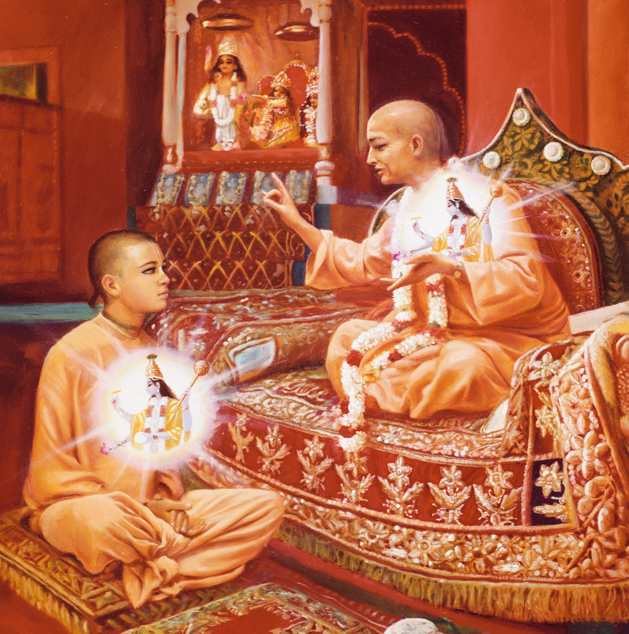 In the tapestry of life, the Way is the warp. It is the essential foundation laid in the beginning. It is the framework upon which all life experiences, philosophy and religion is woven.
In the tapestry of life, the Way is the warp. It is the essential foundation laid in the beginning. It is the framework upon which all life experiences, philosophy and religion is woven. |
| Tadek Beutlich- Moon |
The original and simplest of those philosophies, closest to the True warp is Wayism. It explains the meaning of life, the purpose of life, and the path to walk to fulfill that purpose. Wayism is the weft of the tapestry of life. It is a multicolored weft that creates symbols to guide devotees on the Path.
Looking at our tapestry from a distance, Wayism makes for a simple, humble and compassionate tapestry. Being a good and true tapestry it is useful on both sides. Viewing the tapestry from the popular side, the devotee gains all that is required to walk the Way. Devotees who require esoteric teaching (tantra) to advance on the Way get to a stage in the process of enlightenment when they need to use the other side, and have its symbols and weave explained to them by a trusted guide.
Religious carpets
Making use of the simple and humble foundation of the weft of the Way, over the course of human history hundreds of religious carpets were made.
 People added more symbols, culturally specific ideas, doctrinal teachings and some (money making) new ideas. They invented the process of religious carpet construction. Making use of expensive fine yarn, gold threads, beautifully dyed silk and other materials they knotted, combed, and felted intricate details of their own making.
People added more symbols, culturally specific ideas, doctrinal teachings and some (money making) new ideas. They invented the process of religious carpet construction. Making use of expensive fine yarn, gold threads, beautifully dyed silk and other materials they knotted, combed, and felted intricate details of their own making.Nowadays, standing back, looking at the display of magnificently intricate carpets of religions from all over the world it is most often impossible to see the weft. Even the original warp is hidden under thick layers of magnificently spun yarns.
For most us us not initiated into those traditions the best way to get good spiritual use out of those carpets is to turn it upside down. There, between the knots loops, if you look closely, you will see the weft, even the warp. Sometimes you have to dig a bit but the foundation of Truth is in there.




